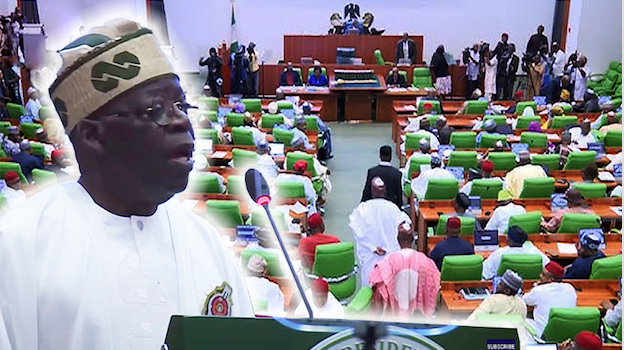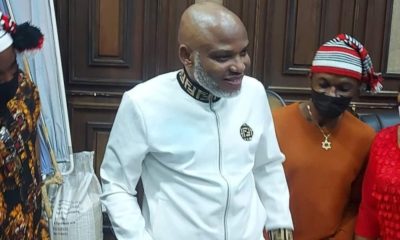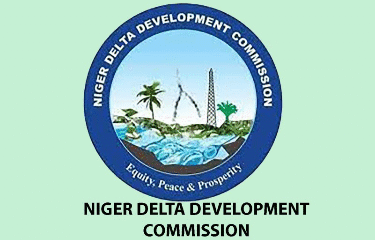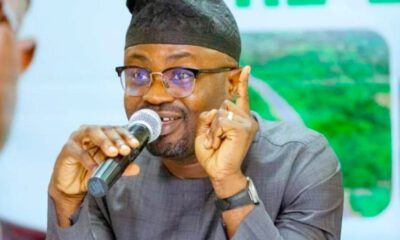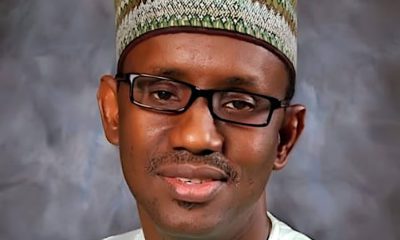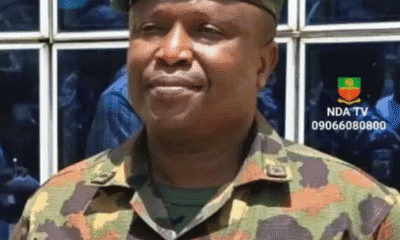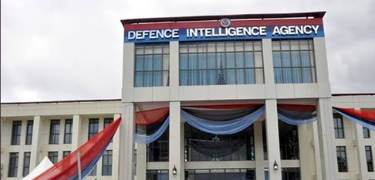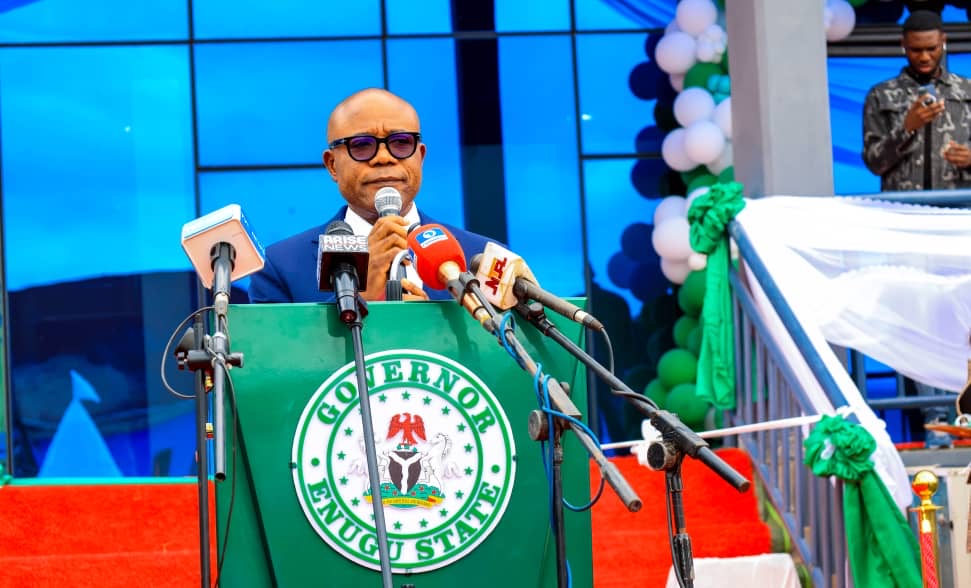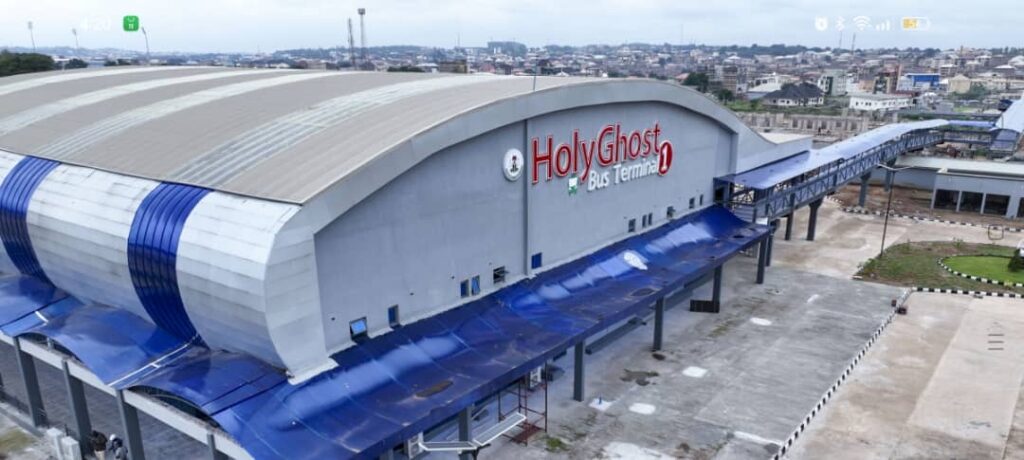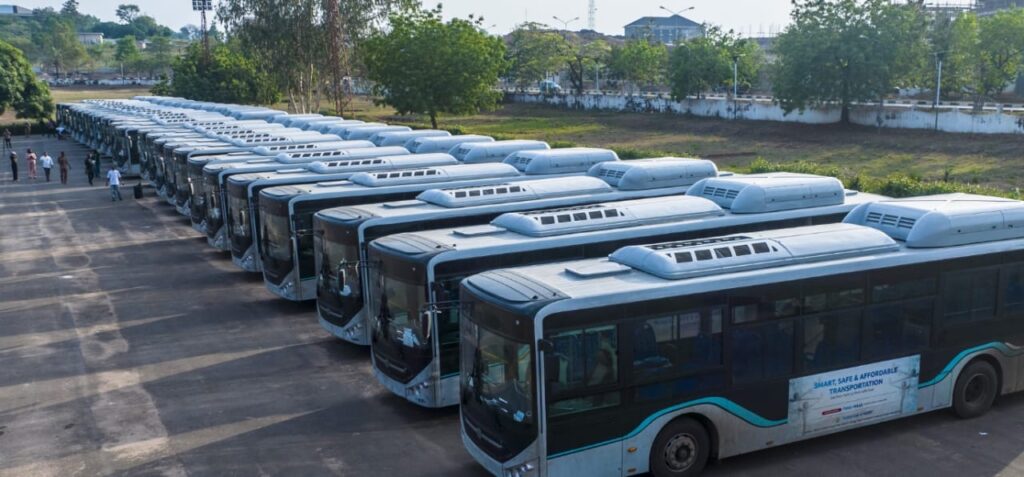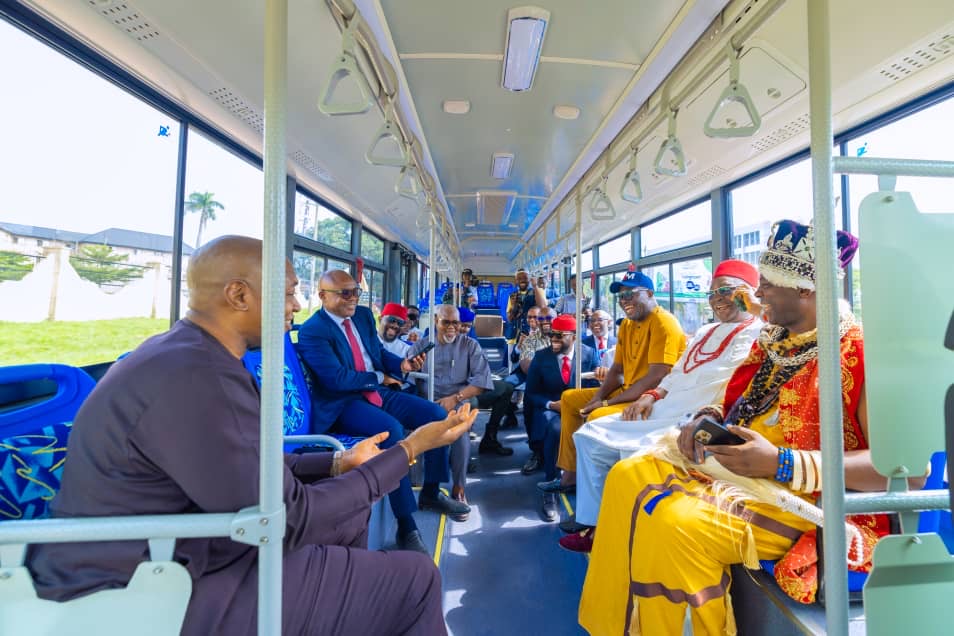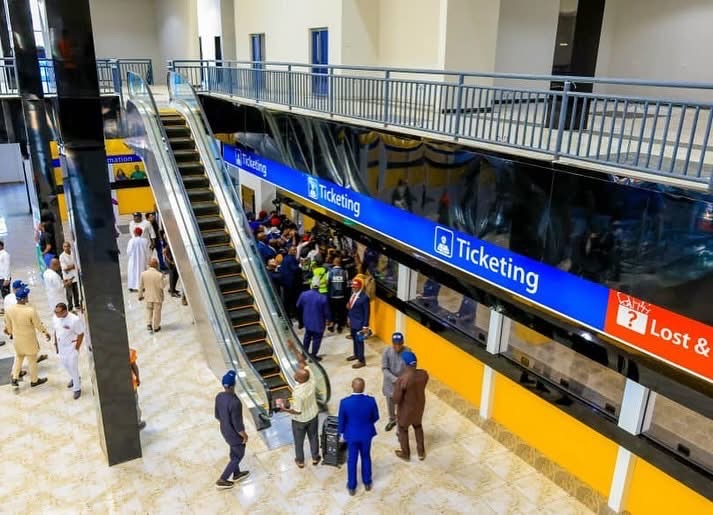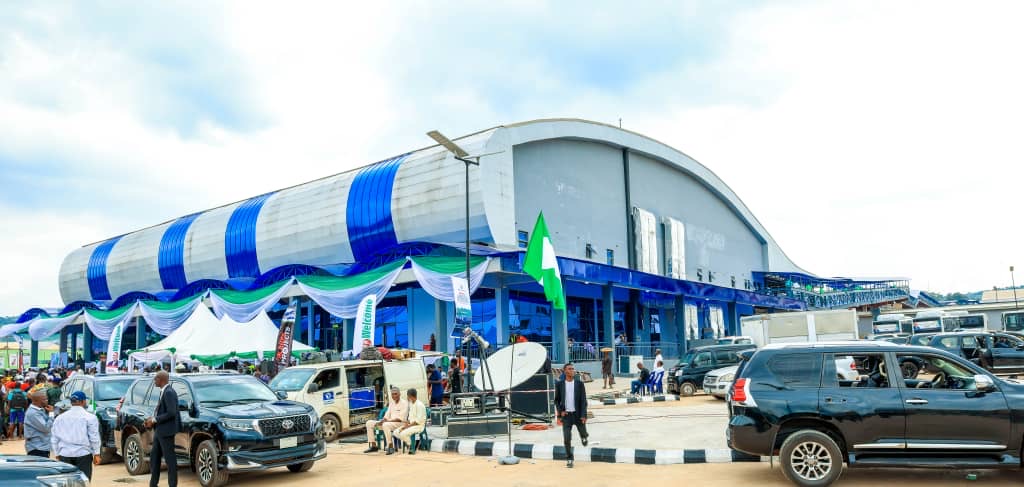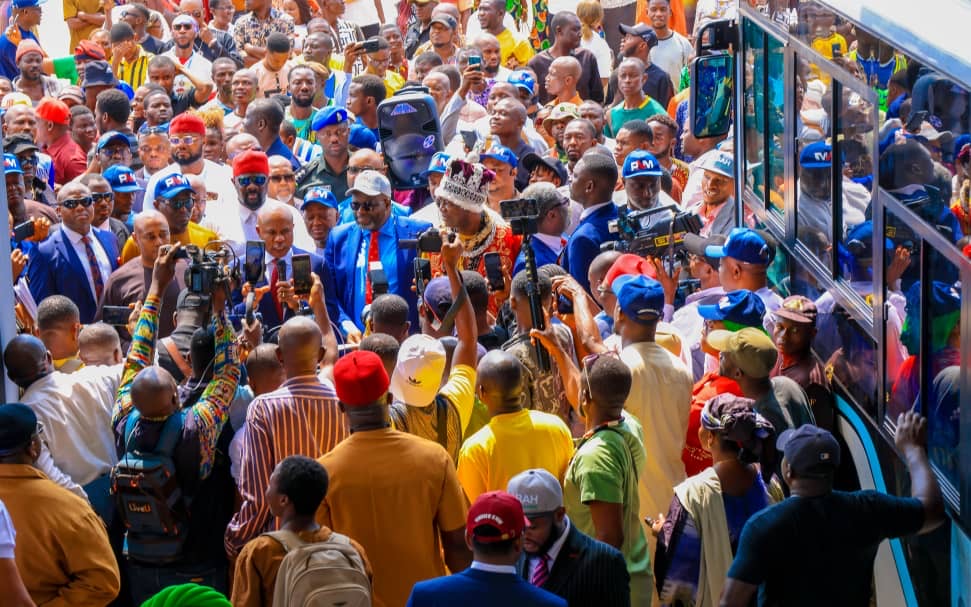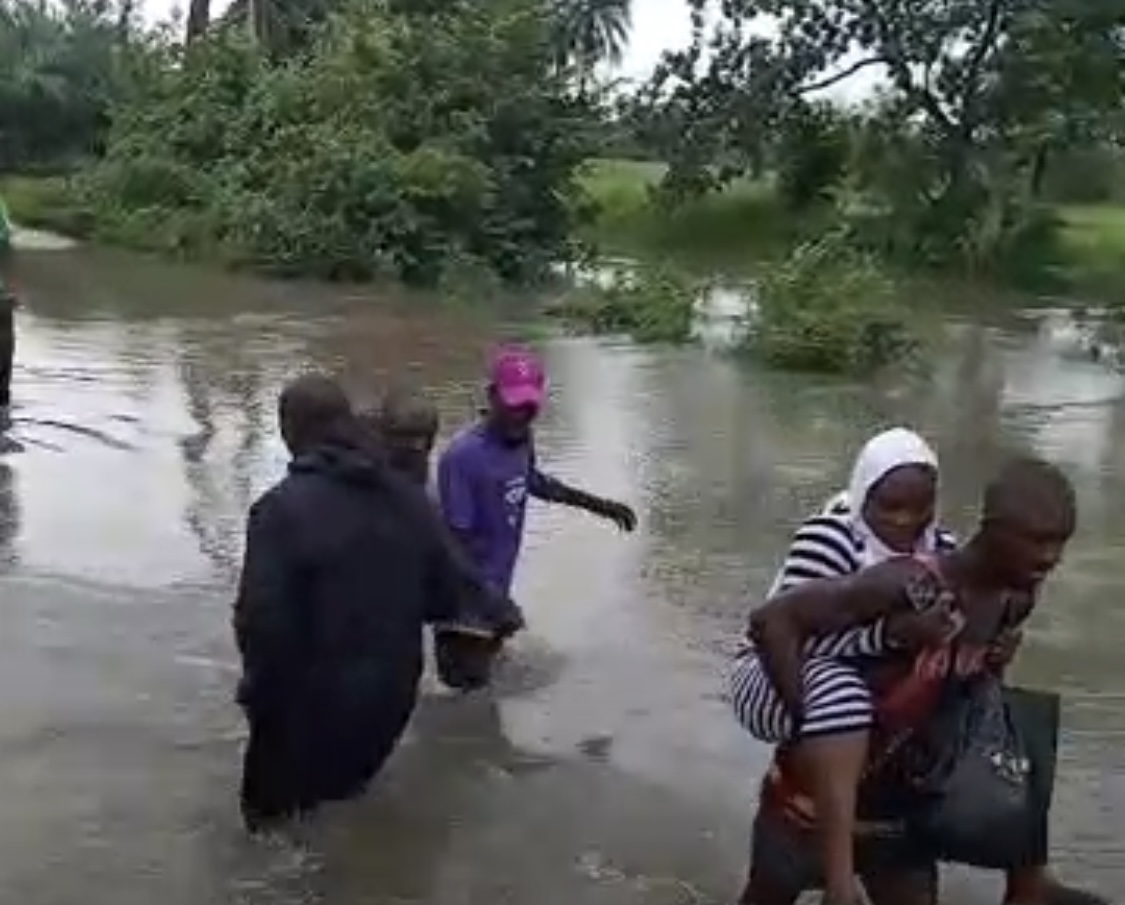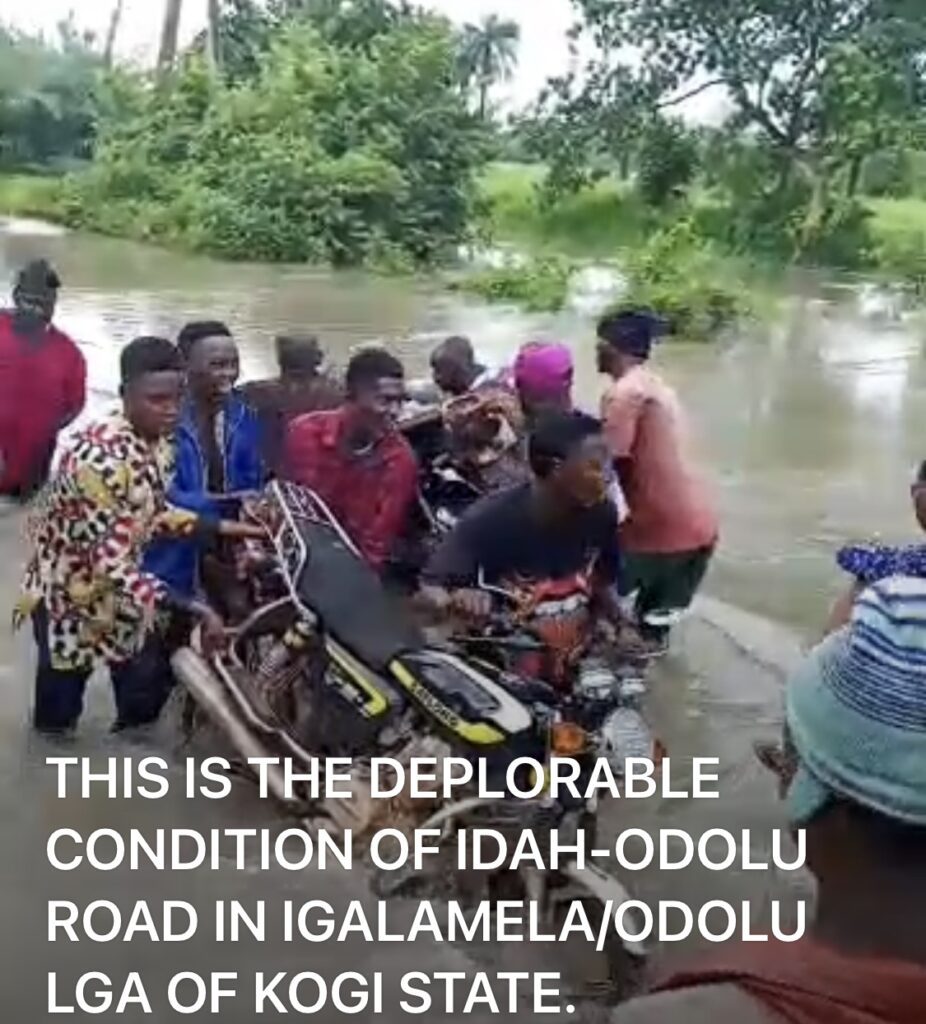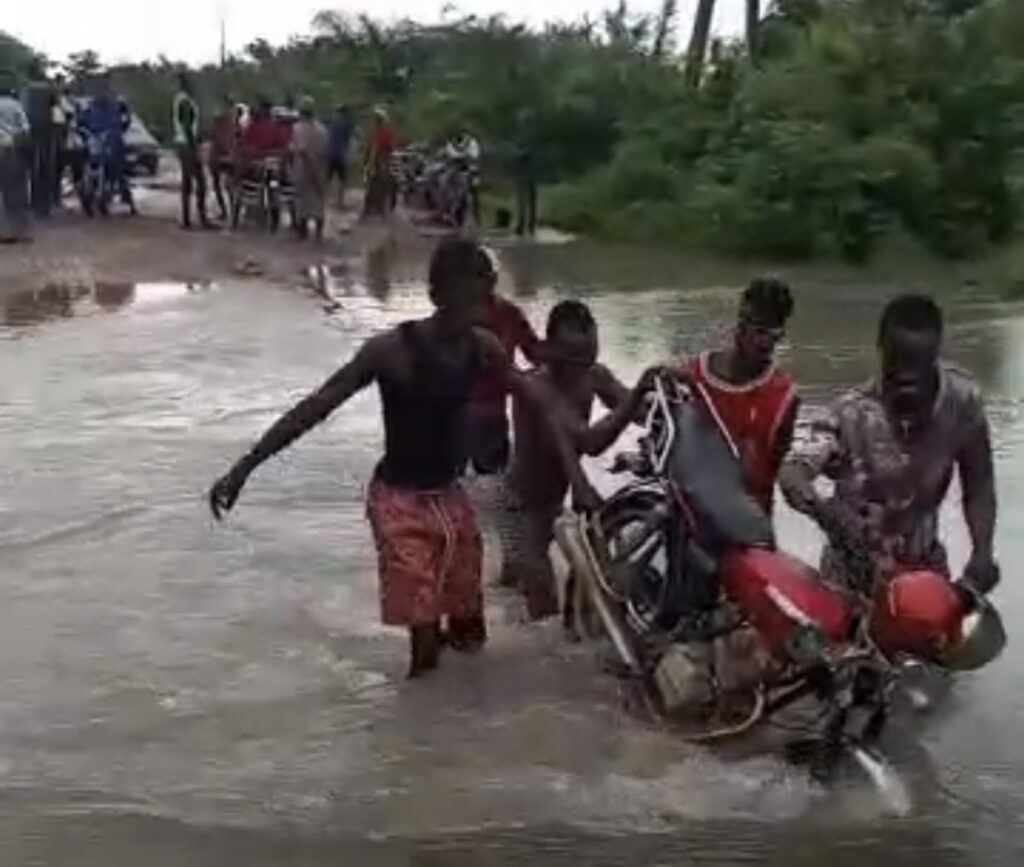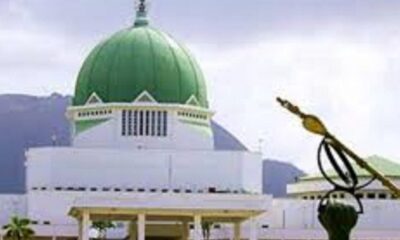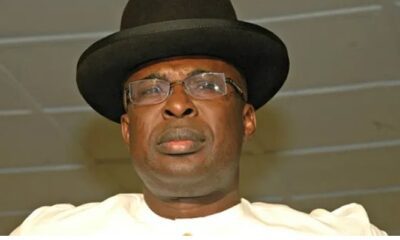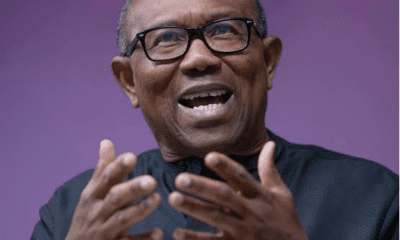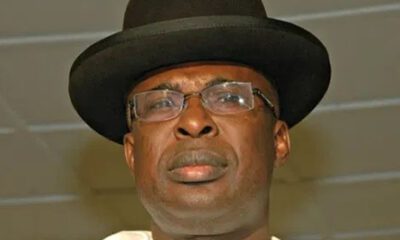President Bola Tinubu, on Wednesday, presented the N27.5 trillion 2024 budget proposal to a joint session of the 10th National Assembly in Abuja — his first since assuming office exactly six months ago.
Read the full speech below:
1. In furtherance of my sacred duties and obligations as President of the Federal Republic of Nigeria, it is my honour to be here today to present my administration’s 2024 Budget Proposal to this Joint Session of the 10th National Assembly. This moment is especially profound and significant to me because it is my first annual budgetary presentation to the National Assembly.
2. Distinguished Senators and Honourable Members of the National Assembly, I commend your swift consideration and passage of the 2023 Supplementary Appropriation Bills and the 2024-2026 Medium Term Expenditure Framework and Fiscal Strategy Paper. Your prompt action underscores your devotion to economic development and to the greater welfare of our people. It also highlights your desire to work in close collaboration with the Executive branch. We do not serve ourselves. We must always strive to work together to serve and benefit the people of our beloved country.
3. I am confident that the National Assembly will continue to work closely with us to ensure that deliberations on the 2024 Budget are thorough but also concluded with reasonable dispatch. Our goal is for the Appropriation Act to come into effect on the 1st of January 2024.
4. It is, by now, a matter of recorded history that my very first fiscal intervention as President of this great nation was to end the fuel subsidy regime which had proven to be so harmful to the overall health of our national economy. The second was to negotiate and subsequently present a supplementary budget to enable my government to fund the items needed to restore macro-economic stability and mitigate the harsh impact of subsidy removal.

5. The third was to secure a second supplementary budget, this time to enable us to keep our promises to promote national security, invest in infrastructure and provide much-needed support to the most vulnerable households in our society.
PREVAILING ECONOMIC ENVIRONMENT
7. Economic conditions remain challenging both abroad and at home. Despite lingering post-COVID supply and production bottlenecks, armed conflict in various parts of the world and restrictive monetary policies in major economies, we expect global growth to hover around 3.0 percent in 2024. This relatively low rate has significant implications for our economy due to our current reliance on importation.
8. Distinguished Senators, Honourable Members: despite the global headwinds, the Nigerian economy has proven resilient, maintaining modest but positive growth over the past twelve months.
9. Inflation has trended upward due to weak global conditions. To contain the rising domestic prices, we will ensure effective coordination of fiscal and monetary policy measures, and collaborate with sub-national governments to address structural factors driving inflation in Nigeria.
10. The Budget proposal meets our goal of completing critical infrastructure projects which will help address structural problems in the economy by lowering the costs of doing business for companies and the cost of living for the average person, The Honourable Minister of Budget and Economic Planning will provide full details of this proposal.
PERFORMANCE OF THE 2023 BUDGET
11. Distinguished Senators and Honourable Members, an aggregate revenue of 11.045 trillion naira was projected to fund the 2023 Budget of 24.82 trillion naira with a deficit of about 6.1 percent of GDP.
12. As of September 30, the Federal Government’s actual aggregate revenue inflow was 8.65 trillion naira, approximately 96 percent of the targeted 8.28 trillion naira.
13. Despite the challenges, we continue to meet our obligations.
THEME AND PRIORITIES OF THE 2024 BUDGET
14. Distinguished Senators, Honourable Members, permit me to highlight key issues relating to the budget proposals for the next fiscal year. The 2024 Appropriation has been themed the Budget of Renewed Hope. The proposed Budget seeks to achieve job-rich economic growth, macro-economic stability, a better investment environment, enhanced human capital development, as well as poverty reduction and greater access to social security.
15. Defence and internal security are accorded top priority. The internal security architecture will be overhauled to enhance law enforcement capabilities and safeguard lives, property and investments across the country.
16. Human capital is the most critical resource for national development. Accordingly, the budget prioritizes human development with particular attention to children, the foundation of our nation.
17. To improve the effectiveness of our budget performance, the government will focus on ensuring value for money, greater transparency and accountability. In this regard, we will work more closely with development partners and the private sector.
18. To address long-standing issues in the education sector, a more sustainable model of funding tertiary education will be implemented, including the Student Loan Scheme scheduled to become operational by January 2024.
19. A stable macro-economic environment is important to catalyse private investment and accelerate economic growth. We have and shall continue to implement business and investment-friendly measures for sustainable growth.
20. We expect the economy to grow by a minimum of 3.76 percent, above the forecasted world average. Inflation is expected to moderate to 21.4 percent in 2024.
21. In preparing the 2024 Budget, our primary objective has been to sustain our robust foundation for sustainable economic development. A critical focus of this budget and the medium-term expenditure framework is Nigeria’s commitment to a greener future.
22. Emphasizing public-private partnerships, we have strategically made provisions to leverage private capital for big-ticket infrastructure projects in energy, transportation and other sectors. This marks a critical step towards diversifying our energy mix, enhancing efficiency, and fostering the development of renewable energy sources. By allocating resources to support innovative and environmentally conscious initiatives, we aim to position Nigeria as a regional leader in the global movement towards clean and sustainable energy.
23. As we approach COP 28 climate summit, a pivotal moment for global climate action, I have directed relevant government agencies to diligently work towards securing substantial funding commitments that will bolster Nigeria’s energy transition.
24. It is imperative that we seize this opportunity to attract international partnerships and investments that align with our national goals. I call upon our representatives to engage proactively to showcase the strides we have made in the quest to create an enabling environment for sustainable energy projects.
25. Together, we will strive for Nigeria to emerge from COP 28 with tangible commitments, reinforcing our dedication to a future where energy is not only a catalyst for development but also a driver of environmental stewardship.
26. Distinguished members of the National Assembly, the revised 2024-2026 Medium Term Expenditure Framework (MTEF) and Fiscal Strategy Paper (FSP) sets out the parameters for the 2024 Budget.
27. After a careful review of developments in the world oil market and domestic conditions, we have adopted a conservative oil price benchmark of 77.96 US Dollars per barrel and daily oil production estimate of 1.78 million barrels per day. We have also adopted a Naira to US Dollar exchange rate of 750 naira per US Dollar for 2024.
28. Accordingly, an aggregate expenditure of 27.5 trillion naira is proposed for the Federal Government in 2024, of which the non-debt recurrent expenditure is 9.92 trillion naira while debt service is projected to be 8.25 trillion naira and capital expenditure is 8.7 trillion naira.
29. Nigeria remains committed to meeting its debt obligations. Projected debt service is 45% of the expected total revenue.
30. Budget deficit is projected at 9.18 trillion naira in 2024 or 3.88 percent of GDP. This is lower than the 13.78 trillion naira deficit recorded in 2023 which represents 6.11 percent of GDP.
31. The deficit will be financed by new borrowings totalling 7.83 trillion naira, 298.49 billion naira from Privatization Proceeds and 1.05 trillion naira drawdown on multilateral and bilateral loans secured for specific development projects.
32. Our government remains committed to broad-based and shared economic prosperity. We are reviewing social investment programmes to enhance their implementation and effectiveness. In particular, the National Social Safety Net project will be expanded to provide targeted cash transfers to poor and vulnerable households. In addition, efforts will made to graduate existing beneficiaries toward productive activities and employment.
33. We are currently reviewing our tax and fiscal policies. Our target is to increase the ratio of revenue to GDP from less than 10 percent currently to 18 percent within the term of this Administration. Government will make efforts to further contain financial leakages through effective implementation of key public financial management reforms.
34. Distinguished Senators and Honourable Members, in view of the limited resources available through the federal budget, we are also exploring Public Private Partnership arrangements to finance critical infrastructure.
35. We, therefore, invite the private sector to partner with us to ensure that our fiscal, trade and monetary policies, as well as our developmental programs and projects succeed in unlocking the latent potential of our people and other natural endowments, in line with our national aspirations.
36. Distinguished Senators and Honourable Members, this Budget presentation would be incomplete without commending the patriotic resolve of the 10th National Assembly to collaborate with the Executive on our mission to renew hope and deliver on our promises to the Nigerian people. I assure you of the strong commitment of the Executive to sustain and deepen the relationship with the National Assembly.
37. As you consider the 2024 Budget estimates, we trust that the legislative review process will be conducted with a view to sustaining our desired return to a predictable January-December fiscal year.
38. I have no doubt that you will be guided by the interest of all Nigerians. We must ensure that only projects and programs with equitable benefits are allowed into the 2024 Budget. Additionally, only projects and programs which are in line with the sectoral mandates of MDAs and which are capable of realizing the vision of our Government should be included in the budget.
39. As a Government, we are committed to improving the lot of our people and delivering on our promises to them. The 2024 Budget has the potential to boost performance, promote the development of Micro, Small and Medium-sized Enterprises, enhance security and public safety, and improve the general living conditions of our people.
40. In closing, I am confident that these budgetary allocations and directives will set Nigeria on a transformative path towards a sustainable and resilient energy future, fostering economic growth, job creation, and environmental preservation.
41. It is with great pleasure, therefore, that I lay before this distinguished Joint Session of the National Assembly, the 2024 Budget Proposals of the Federal Government of Nigeria, titled The Renewed Hope Budget.
42. I thank you most sincerely for your attention. May we collectively chart the course towards a brighter and cleaner future for our great nation.
43. May God bless the Federal Republic of Nigeria.


